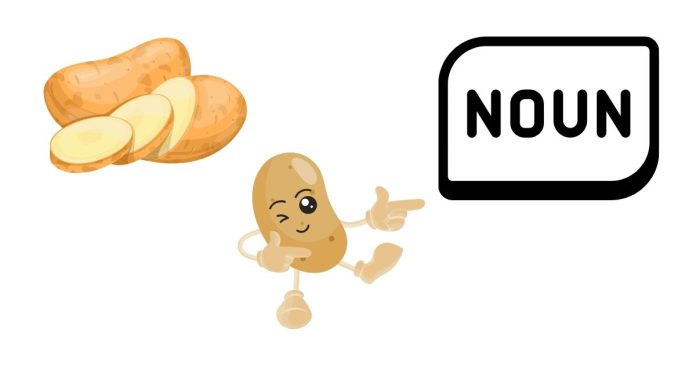In English, nouns can be classified as countable or uncountable based on whether they refer to things we can count individually or not. “Potato” is one of those nouns that may cause some confusion, so let’s clear it up once and for all.
Countable Nouns: What Does It Mean?
Countable nouns are things that we can count individually. They have both singular and plural forms. For example:
- One apple, two apples, three apples—you can count apples one by one.
Countable nouns answer questions like:
- How many?
- Can I have a few?
Uncountable Nouns: What Does It Mean?
Uncountable nouns, on the other hand, refer to things that we cannot count individually because they are usually considered as a whole or a mass. These nouns do not have a plural form and are often used with quantifiers like “some,” “a little,” or “much.”
For example:
- Water is uncountable. You can’t say “two waters,” but you can say “a glass of water.”
So, is “Potato” Countable or Uncountable?
“Potato” is generally a countable noun. You can count individual potatoes:
- One potato
- Two potatoes
- Three potatoes, and so on.
When you refer to “potatoes,” you are talking about multiple individual items, so they fit the criteria for countable nouns.
Exceptions and Special Cases
However, like many nouns, “potato” can sometimes appear in uncountable contexts, especially when it is used to refer to a mass or collective amount of potatoes. For example, when we refer to mashed potatoes or potato soup, it’s more about the quantity or mass of the substance rather than individual pieces.
- I need some mashed potatoes.
- There’s a lot of potato soup left.
In these cases, we’re not talking about individual potatoes, but rather a substance that can’t be easily counted.
When Do We Use “Some” or “Any” with Potatoes?
For countable nouns, we often use “some” or “any” to express quantity, especially in plural forms:
- I have some potatoes in the kitchen.
- Do you want any potatoes for dinner?
We use “a few” or “many” to describe countable nouns:
- I bought a few potatoes.
- There are many potatoes in that basket.
In most cases, “potato” is a countable noun because we can count individual potatoes. However, when referring to mashed potatoes, potato salad, or other prepared potato dishes, it can be treated as uncountable. Always pay attention to the context, and you’ll know how to use it correctly!


